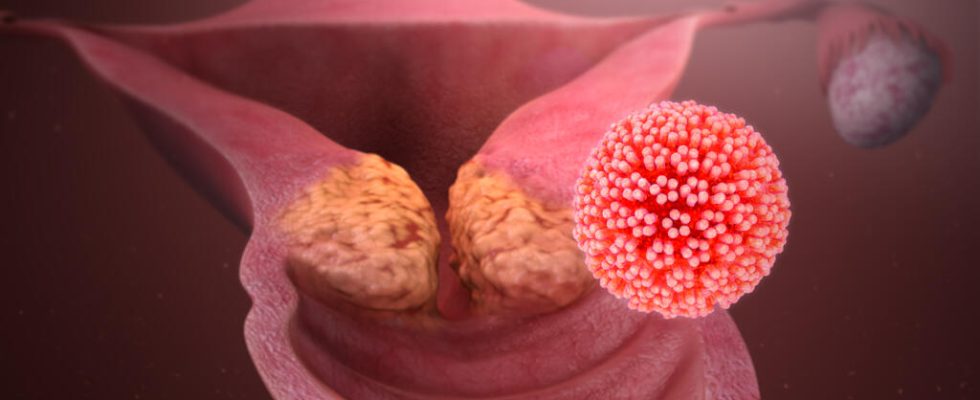Starting this Monday, December 4, Togo is introducing the human papillomavirus vaccine into its routine vaccination with the help of several partner organizations. Objective: protect women against the virus responsible for cervical cancer, the 2nd deadliest cancer for Togolese women after breast cancer. Togo follows in the footsteps of 27 countries on the continent which have already introduced this vaccine
2 mins
Like Ivory Coast, Sierra Leone and South Africa, Togo now wants to vaccinate its children against the human papilloma virus, which can cause cervical cancer in women.
There are no statistics available in the country yet, but estimates. According to figures given by the Togolese Minister of Health, Moustapha Mijiyawa, the number of annual cases is estimated at around 600 and more than 400 women die. Which makes it the 2nd deadliest cancer for Togolese women, just behind breast cancer. A disease that is all the more dangerous because it remains silent for a long time.
Health authorities therefore want to prevent the disease in young girls. After pilot campaigns, the vaccine is now accessible at the age of nine in routine vaccination, free of charge, and throughout the country, specifies the WHO office in Togo. Initially, and due to the high cost of vaccination, only girls are eligible.
Togo and its partners also want to continue raising awareness. Some parents are reluctant to vaccinate their children. However, international organizations point out that cervical cancer is one of the rare cancers that can be prevented through vaccination.
Doctor Landoh Dadja Essoya, advisor in charge of vaccination at the WHO Togo office, also notes some reluctance, in particular due to false information disseminated on social networks. But he insists on the importance of vaccinating girls against the papillomavirus to protect them, especially since according to him studies show encouraging results in countries where the vaccine has been administered for several years.
Vaccination is the most effective primary means of combating this disease. Apart from vaccination, it is recommended to have regular cervical smears, to ensure that the woman does not develop pre-cancerous connections which may, in the long run, be beyond the control of doctors.
Dr Landoh Dadja Essoya, advisor in charge of vaccination at the WHO Togo office
